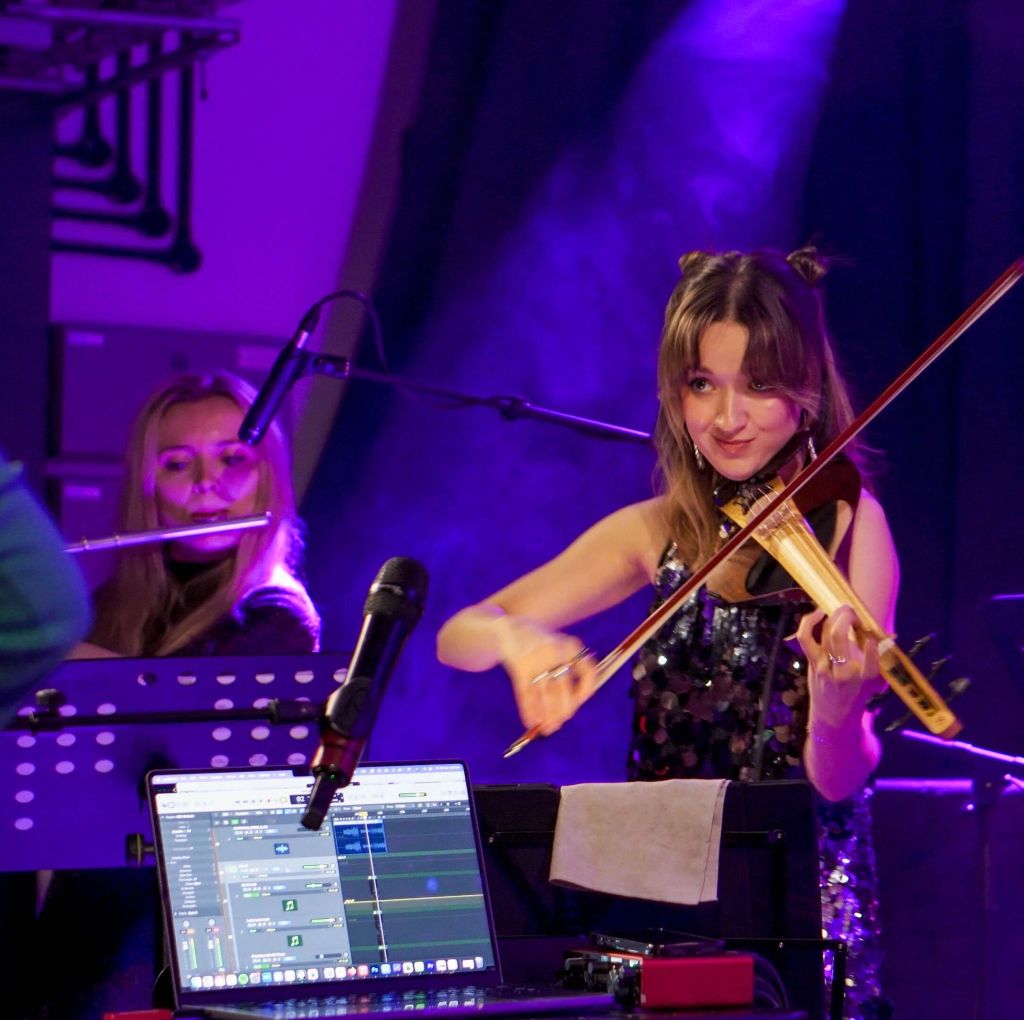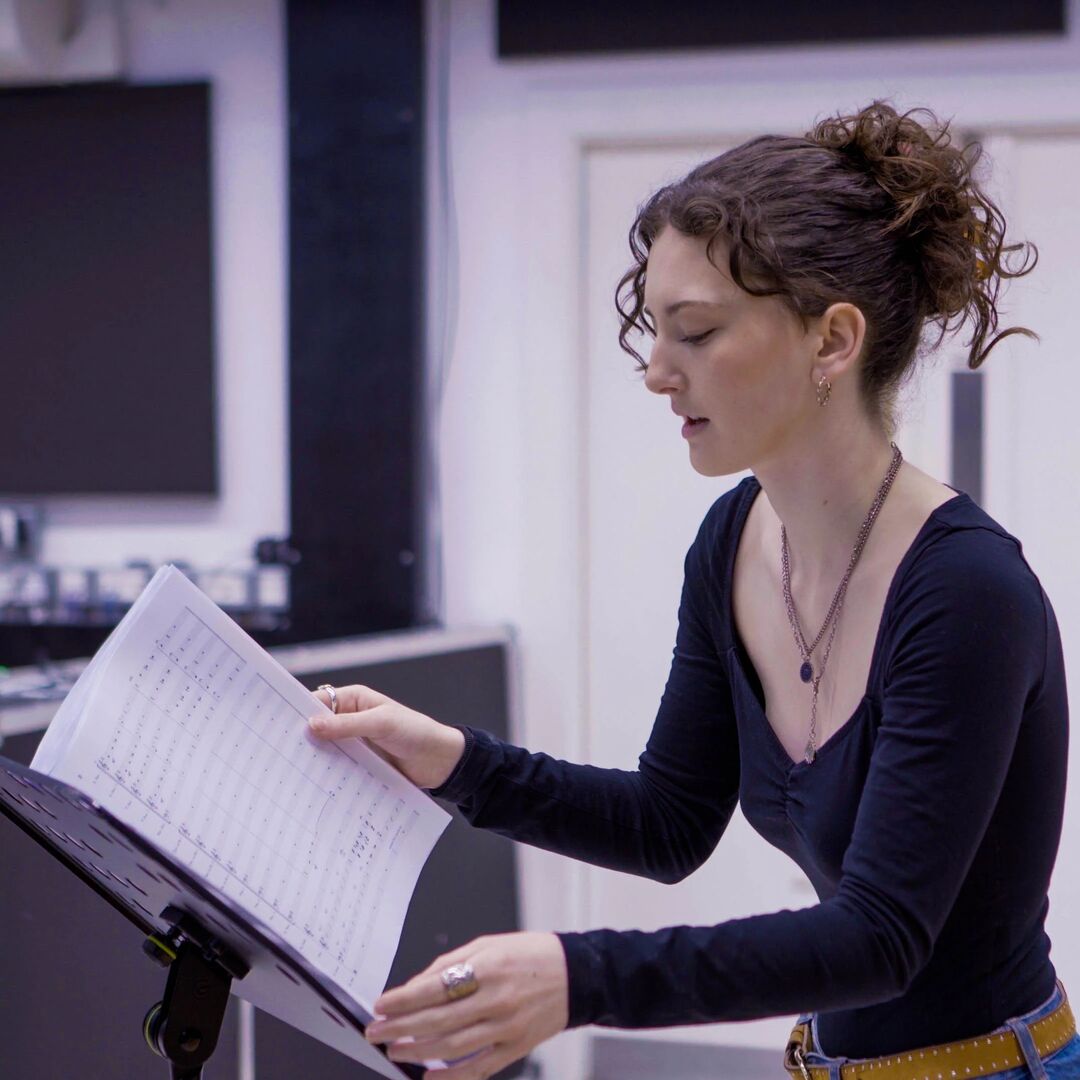Course Fulltimefees
£9,535 per year
Start Date
September
Duration
3 Years
Institution Code
VAA
UCAS Code
BMC0
COURSE OVERVIEW
The BMus Music Composition for film course is designed to give you a broad range of skills to maximise your employability. You will develop high-level skills in composing music for all forms of visual media, with each level building on the knowledge gained from the previous one. Your course is therefore designed to give you a focused set of skills that you can apply to a broad range of media contexts. While gaining a music composition degree, you will develop high-level composition, arranging and technology skills that relate to composing music for all forms of media, for example film, TV and games.

EMPLOYMENT PROSPECTS
- Record Producer (Commercial & Independent Artists): Works with artists to develop and shape their sound.
- Beat Maker/Sample Creator: Produces beats for hip-hop, pop, and electronic music or sells sample packs.
- Mixing Engineer: Specializes in blending recorded tracks into a polished, cohesive sound.
- Mastering Engineer: Prepares final mixes for distribution by optimizing sound quality across platforms.
- Sound Designer (Film, TV, Games, Theatre): Creates audio textures, effects, and atmospheres for media productions.
- Live Sound Engineer: Manages and optimizes live concert audio for artists and venues.
- Music Tech & Gear Developer: Works with companies designing plugins, software, and hardware for music production.
- AI & Algorithmic Music Producer: Uses AI tools and generative music technology for innovative compositions.
- Studio Owner/Manager: Runs a recording space, renting out time and services to artists and businesses.
COURSE DETAILS
- YEAR 1
- YEAR 2
- YEAR 3
SEMESTER 1
- Harmony & Theory 1
- Music Industry Landscape
- Music Programming 1
- Composing for Media 1
- Musical Directing and Arranging 1
SEMESTER 2
- Harmony & Thoery 2
- History of Popular Music
- Music Programming 2
- Composing for Media 2
- Musical Directing and Arranging 2
SEMESTER 1
- Harmony & Theory 3
- Music Programming 3
- Composing for Media 3
- Musical Directing and Arranging 3
SEMESTER 2
- Harmony & Theory 4
- Music Programming 4
- Composing for Media 4
- Musical Directing and Arranging 4
SEMESTER 1
- Harmony & Theory 5
- Composing for Media 5
- Musical Directing and Arranging 5
SEMESTER 2
- Working in the Music Industry
- Composing for Media 6
- Musical Directing and Arranging 6



ENTRY REQUIREMENTS
BMus (Hons) Composition for Films, Games & Other Media
Undergraduate (Level 4):
- 104 UCAS points from accepted Level 3 qualifications, or equivalent experience
- Successful interview
All applicants meeting the minimum entry requirements and whose application demonstrates the capability to complete this programme will be offered an interview.
The course is taught in English. If you are not a native speaker you will need to demonstrate fluency in reading, writing and oral English at interview/application stage. You may be asked to prove this via a third party test where you should score, as a minimum, the following points: IELTS 5.5 or Duolingo 95
